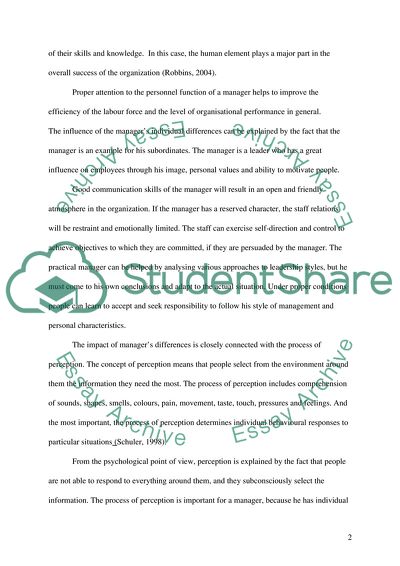Cite this document
(“Perspectives on People at Work Essay Example | Topics and Well Written Essays - 1750 words”, n.d.)
Retrieved from https://studentshare.org/social-science/1535200-perspectives-on-people-at-work
Retrieved from https://studentshare.org/social-science/1535200-perspectives-on-people-at-work
(Perspectives on People at Work Essay Example | Topics and Well Written Essays - 1750 Words)
https://studentshare.org/social-science/1535200-perspectives-on-people-at-work.
https://studentshare.org/social-science/1535200-perspectives-on-people-at-work.
“Perspectives on People at Work Essay Example | Topics and Well Written Essays - 1750 Words”, n.d. https://studentshare.org/social-science/1535200-perspectives-on-people-at-work.


